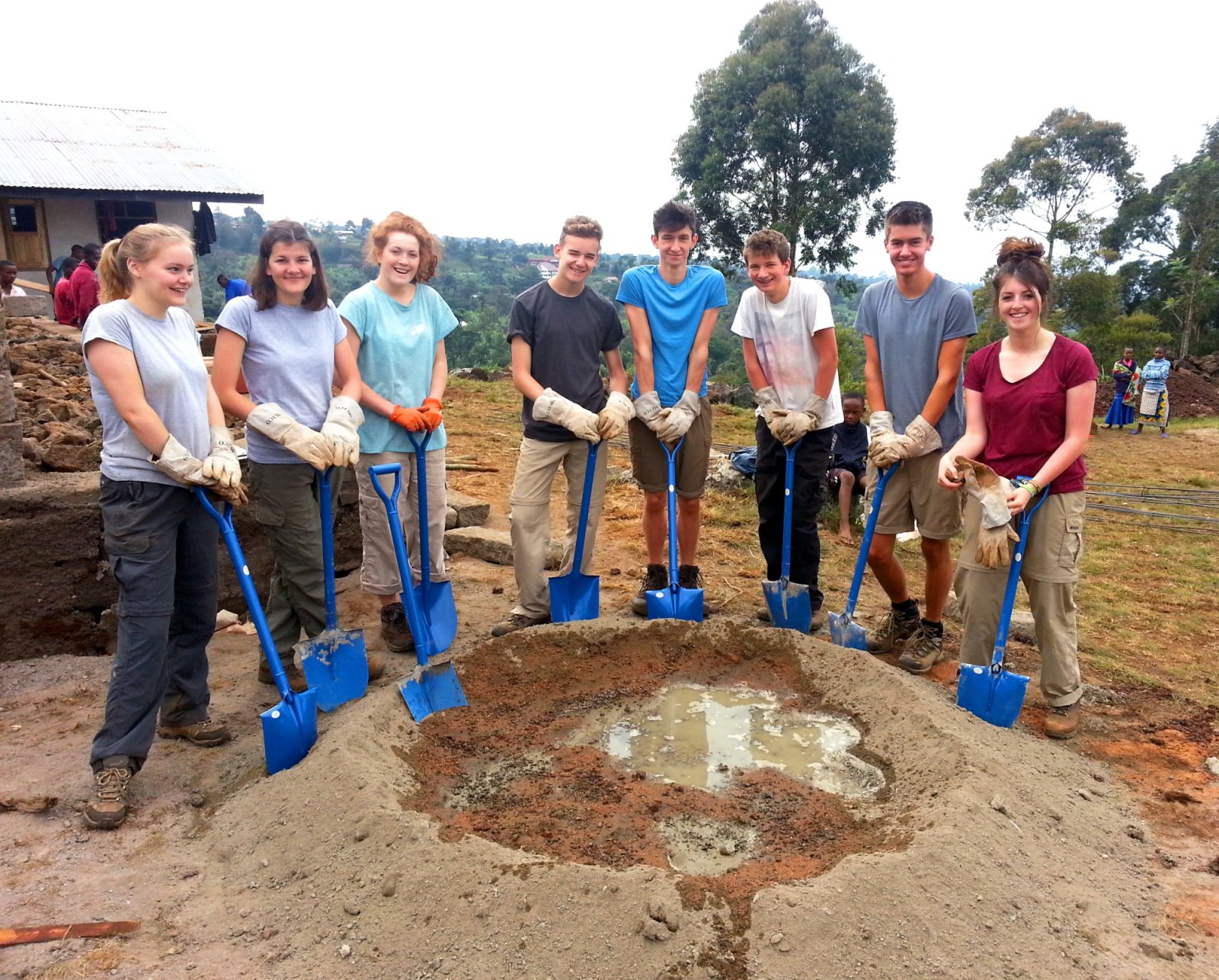
Tanzania School Trip Preparation
TANZANIA SCHOOL TRIP PREPARATION
This page gives you a first introduction to all the things that you will need to do in the lead up to your AfriCamp. The information here is fairly brief, but there are links to other pages that provide more detailed information about certain subjects. With all of these subjects, do speak to us if you have any queries. We give rough amounts of time before the trip that you need to be thinking about each item. However, with all of these, it is a case of the earlier the better.
FLIGHTS (8-10 MONTHS BEFORE LEAVING)
It is a good idea to begin researching flights early as the prices can fluctuate. There is no issue with looking at flights even 8-10 months before departure.
The most convenient places to fly to in order to access northern Tanzania is Kilimanjaro International (IATA Code JRO) which is between the towns of Arusha and Moshi. However, it is sometimes cheaper to fly to Nairobi Jomo Kenyatta (IATA Code NBO) in Kenya and travel overland south to Tanzania. You will need to discuss your arrival point with us at an early stage when planning the trip. It is often possible for us to meet the group in Nairobi if required and include transport to Tanzania within the itinerary.
For independent bookings, it is worth trying flight comparison sites such as ebookers, Sky-Scanner and Kayak. Though do check terms and conditions if you fly with combinations of airlines.
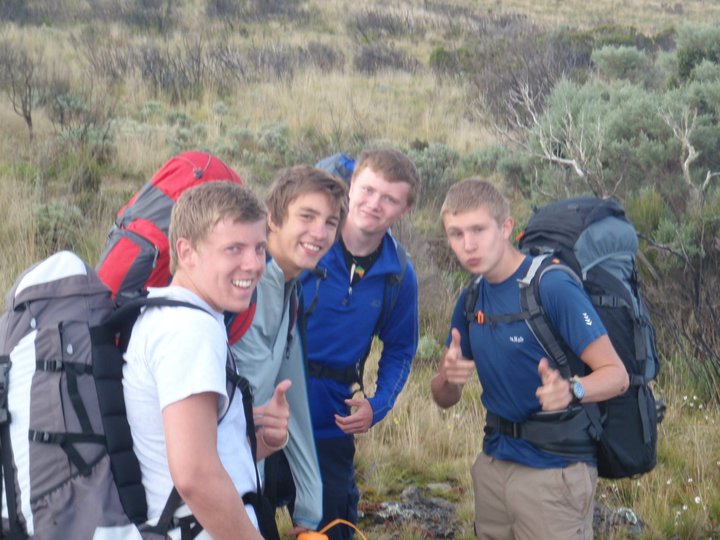
INSURANCE (8-10 MONTHS BEFORE LEAVING)
It is essential that you have personal travel insurance to cover all the locations and activities on the trip. When getting quotes, you need to check the wording of the policy carefully and it is worth sending the company a copy of your itinerary and getting them to confirm in writing that a particular policy will cover it all.
You need to take out the insurance policy as soon as you have made any bookings with us or have bought any flights. Then the money you have spent is covered. If you had to pull out of the trip before you have insurance then anything you had spent on flights would be lost.
VACCINATIONS & MEDICATIONS (MIN 8 WEEKS BEFORE LEAVING)
You need to make an appointment to speak with your family doctor and/or a travel health centre at least 8 weeks prior to leaving. You can then ask them to advise you on what vaccinations you will need. You will also need to speak to them about the type of antimalarials that are most suitable for you personally. The NHS publish guidance on their Fit For Travel website.
PASSPORT & VISAS (MIN 3 MONTHS BEFORE LEAVING)
You need to make sure that your passport will not run out sooner than six months after your trip date, Do check this early as it can take a long time to process a new one.
You also need a Yellow Fever vaccination certificate if you are arriving from certain countries, including Kenya. If you are not flying straight from the UK/Europe then do check requirements.
UK passport holders can buy their visa before they travel but most people get it on arrival in Tanzania. All you will need to do is show your passport, fill out a form and pay the fee. The fee was $50 at the time of writing, bring good condition GBP, Euro or USD notes to change.
If you are not a UK passport holder then you need to check the specific requirements for your nationality. This is best done via your own embassy or the Tanzanian Ministry of Home Affairs.
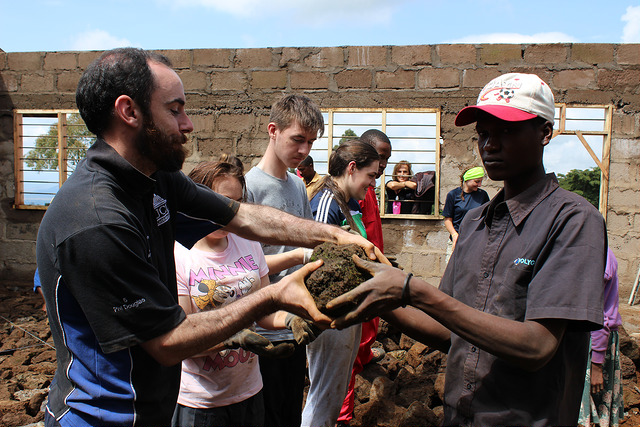
MONEY (1 MONTH BEFORE LEAVING)
The Tanzanian currency is the Tanzanian Shilling (TZS). At the time of writing, there were 2,625 TZS to the GBP. You also have to be careful not to mix up Kenyan Shillings (KES) with Tanzanian Shillings – 1 KES = 18.5 TZS.
Officially it is a closed currency so you cannot get it before you travel to Tanzania. You can change money in-country and most bank cards will allow you to withdraw money from ATMs. Our staff will assist you in getting or changing money after you arrive. But make sure you have some cash on you during the flight to pay for your visa with on arrival.
RESEARCH (3-10 MONTHS BEFORE LEAVING)
It is important that you are informed about the country and culture of Tanzania before you travel there. A good starting place is the UK Foreign & Commonwealth Office ‘Know Before Yoy Go‘ campaign. You can also find pages on our website giving information about the country, culture and language. Books like the Lonely Planet and Rough Guide are also good for a broad introduction. You will also be better prepared if you read up on subjects related to your activities, such as Safari Animals and going to high altitude.
FUNDRAISING (START 10 MONTHS BEFORE LEAVING)
Fundraising for the Moving Mountains Trust will form an important part of your preparation for the trip. Before you start, you first need to make sure that you know enough about Moving Mountains to be able to explain what you are doing to potential donors. If you have any questions about this then do contact us or Moving Mountains directly for information. You also need to be clear about exactly where the donor’s money is going.
You need to be organised and start early with your fundraising. It is much easier to do it over a longer period and in small amounts than to try and do it all in a rush at the last minute.
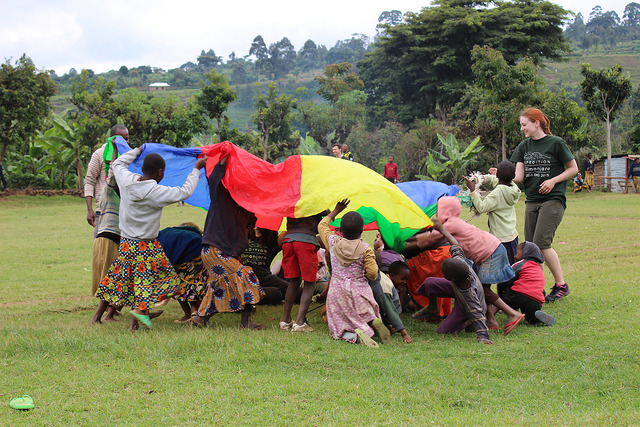
TRAINING (START AT LEAST 6 MONTHS BEFORE LEAVING)
There are many different challenges on your AfriCamp and for some of them, some prior training will stand you in good stead. We can help to organise training days on things like International Development Work, Health, Food Hygiene, First Aid, Equipment, Mountain Walking, Camping and many other things. Please do speak to us about your requirements.
You also need to arrive on the trip with good fitness and health. This will be particularly important on the climb of Mt Meru, but will be relevant to staying healthy and comfortable throughout the trip.
KIT & CLOTHING (6-10 MONTHS BEFORE LEAVING)
Have a look at the trip page and detailed kit lists nice and early. Some of the kit you will probably already have, some you may be able to borrow and some you may need to buy. But before you spend lots of money on any new kit, do read our guidance information on things like Boots, Sleeping Bags etc. Do also speak to us about what level of performance the kit needs to be. For this trip alone, you do not need expensive, top of the range gear. However, if you are likely to use it again and again over coming years then it might be worth the investment on some items. You need to make sure that you have tried and tested all the kit well before you leave to make sure it is right for you.
ELECTRICAL
In most parts of Tanzania, they use the same 3-pin (type G) plugs as in the UK. The vast majority of UK electrical devices should charge and work fine. However, the electrical supply in Tanzania is not as closely controlled or as reliable as the UK. If you have any very expensive equipment then please be aware that an electrical surge or voltage/frequency change could potentially affect it. An expert might be able to advise on surge protectors.
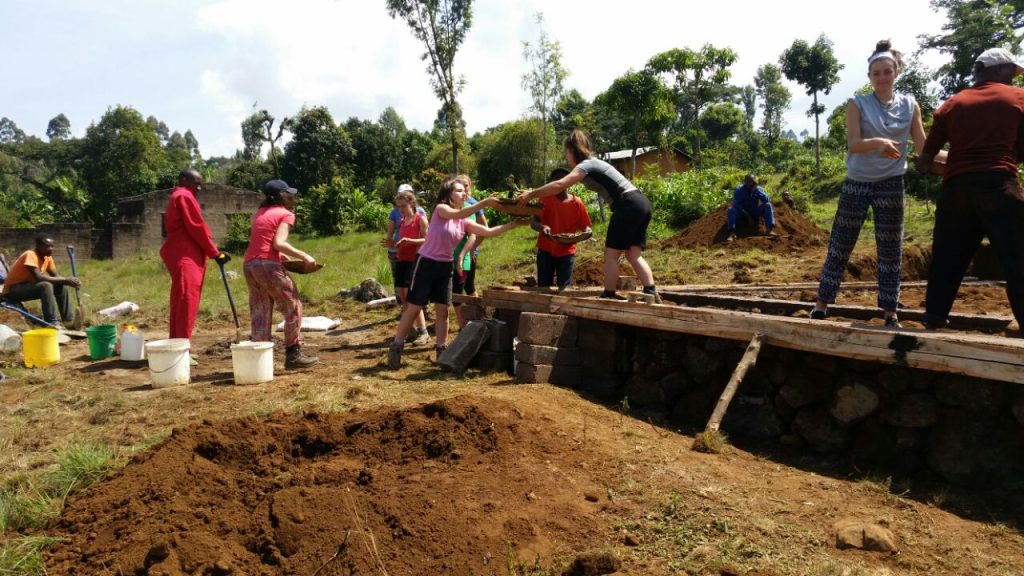
TANZANIA SCHOOL TRIP FOOD AND ACCOMMODATION
Through the course of your trip, you will experience a range of different types of accommodation and will have the opportunity to eat and even learn to prepare traditional East African food. In this way, we aim to give you a full and rich cultural experience and allow you to see what life in rural Africa is like for rural East-Africans rather than for tourists passing through. The accommodation will primarily be camping but also with the possibility of homestays with local families in their own houses.
CAMPING
On the project phase of the trip, we will camp in a large group with all the staff, the Africampers and also the local kids from the local community. We will sleep mainly in large safari tents. These sleep four people, are large enough to stand up in and have a covered porch area at the front. For our communal cooking area, we may have a large mess/kitchen tent or perhaps a small local building. The tents are large enough to live in comfortably as long as you are fairly organised with your belongings and work as a team with your tent-mates. The toilets will be shared facilities which will almost certainly be squat-type toilets. We will bring shower tents in which you can wash with hot water.
MOUNTAIN HUTS
On the expedition phase on Mount Meru, we will usually use the mountain huts. These are basic and unheated but a welcome refuge in a hostile environment. Usually, our meals will be cooked as a group by our mountain staff.

HOMESTAYS
As part of the programme, you may be offered the opportunity to stay with a local host family in their own home. It is likely that the home will be that of one of your local peers with whom you will be travelling. We will provide an appropriate amount of money and/or supplies to the family so that they are not left wanting because of it. Obviously, the style, size and facilities at the home will vary according to specific circumstances. However, we will ensure that the facilities available to you are sufficient for your needs. This part of your stay puts you in a very privileged position to experience real East African life and the essence of local culture, it is one that will stay with you long into your future.
FOOD
During your stay in Tanzania, the vast majority of the food that you eat will be prepared by ourselves in our accommodation or camp. Our staff are masters at cooking large volumes of tasty food in even the most basic of environments. However, we will require you to help with the processes of preparing and clearing up the meals. Again this can be a fantastic opportunity to gain first-hand experience of another essential part of any culture. You will also learn skills and principles that are transferable to cooking any food anywhere anytime.
Traditional Tanzanian food is healthy, tasty and often very filling. Staple foods in East Africa include ugali, rice, chapatis, beans, potatoes, vegetables, meat and chicken. The predominant local foods also vary slightly by area and according to what the main crops are local. For example, some regions have vast fields of pineapples, some have bananas, maize, sugar cane, tea, coffee or rice paddies. We will, of course, cater for any medical food requirements and to some extent for group consensus on taste. However, do not expect to be eating all traditional European foods or having endless varieties of ingredients.
Book Your Adventure of a Lifetime Now
Discover our trips to other Countries
Adventure Alternative Articles
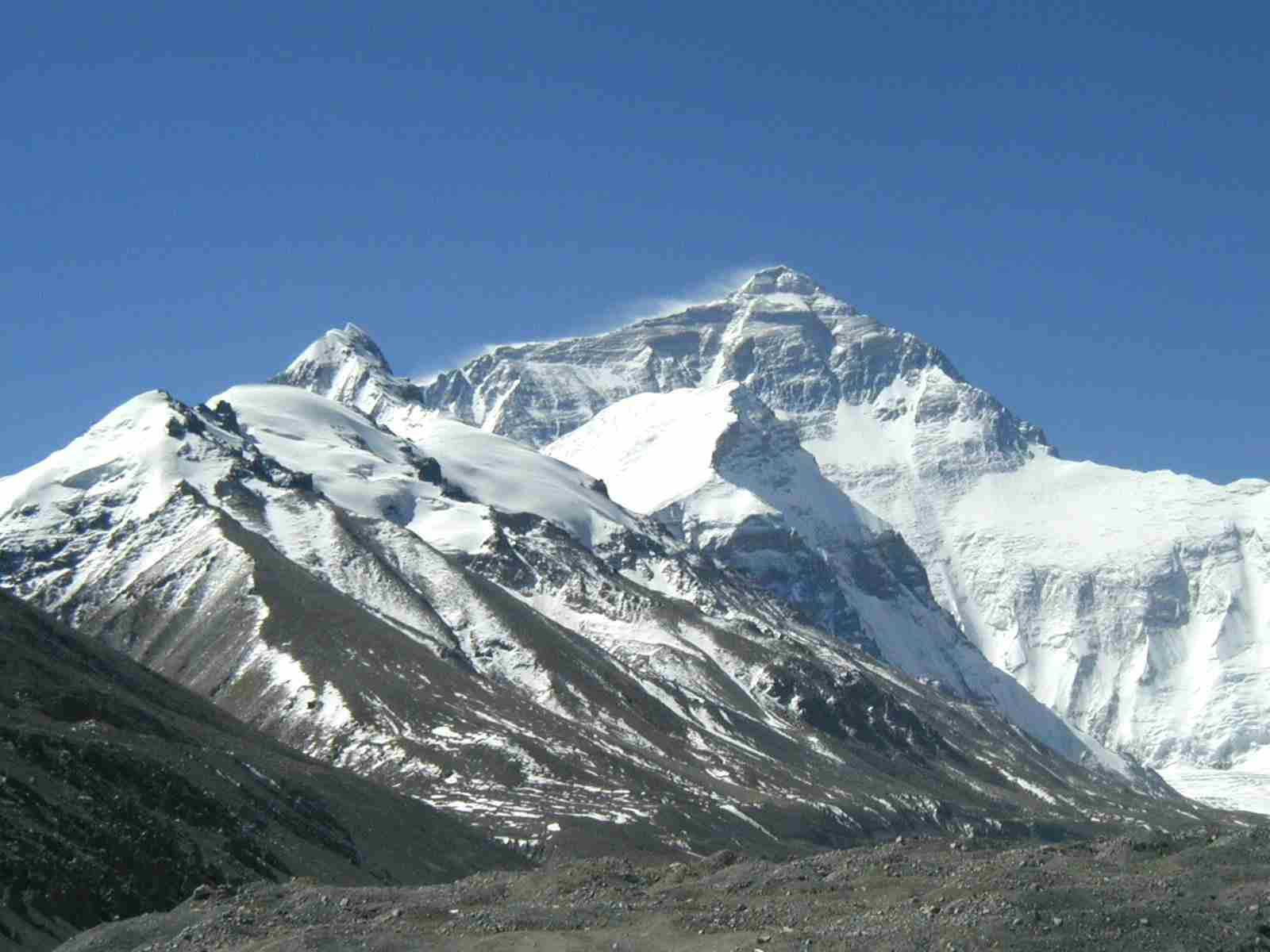
12 MONTHS, 12 MOUNTAINS
Climbing Calendar Ready for World Mountain Day In celebration of World Mountain Day, we've created a calendar for the year to make it easy for...
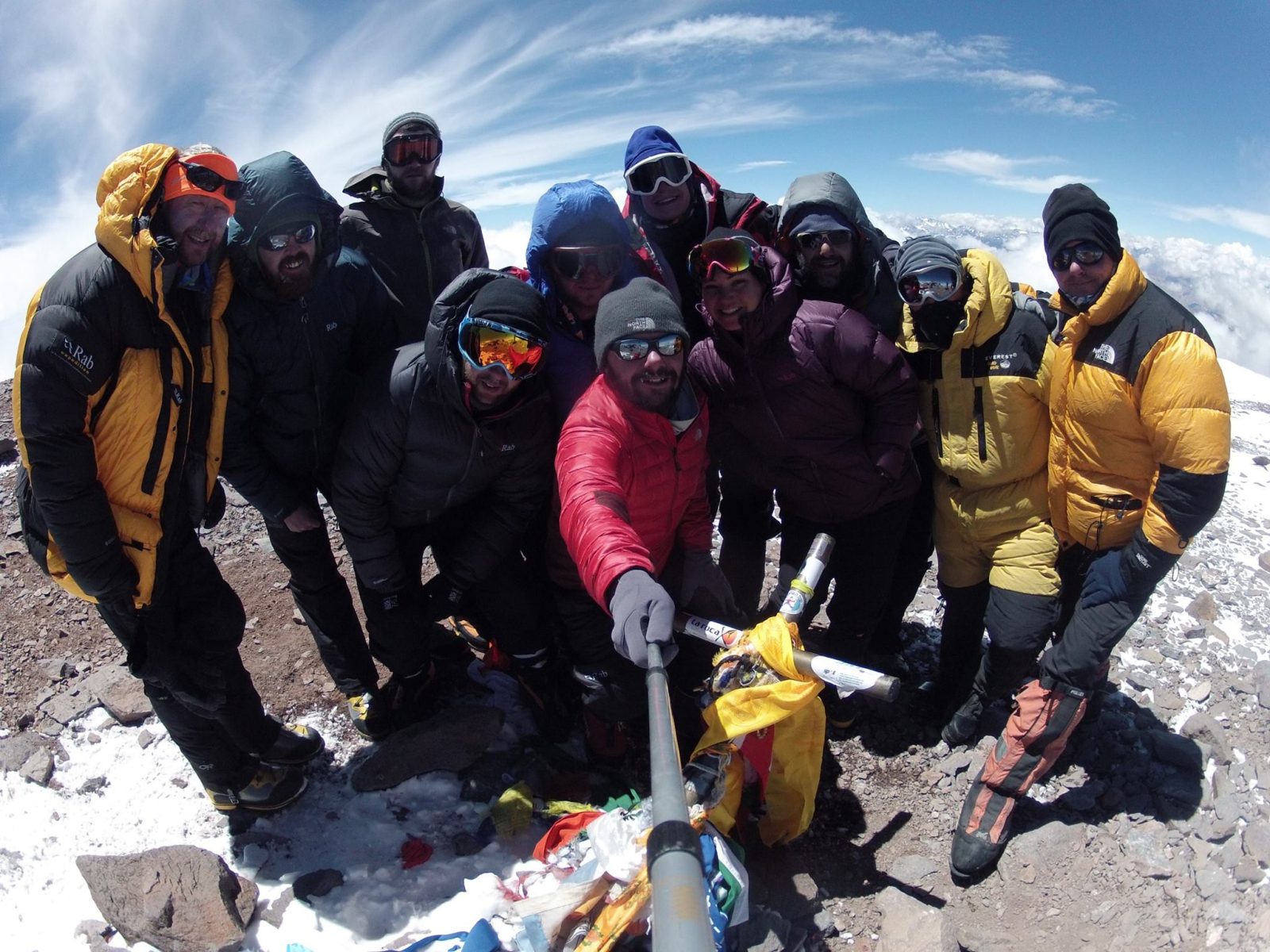
Mount Aconcagua Trip Review
January 2016 This year we had a team of twelve clients from four different countries – Iran, Ireland, England, South Africa and Argentina –...
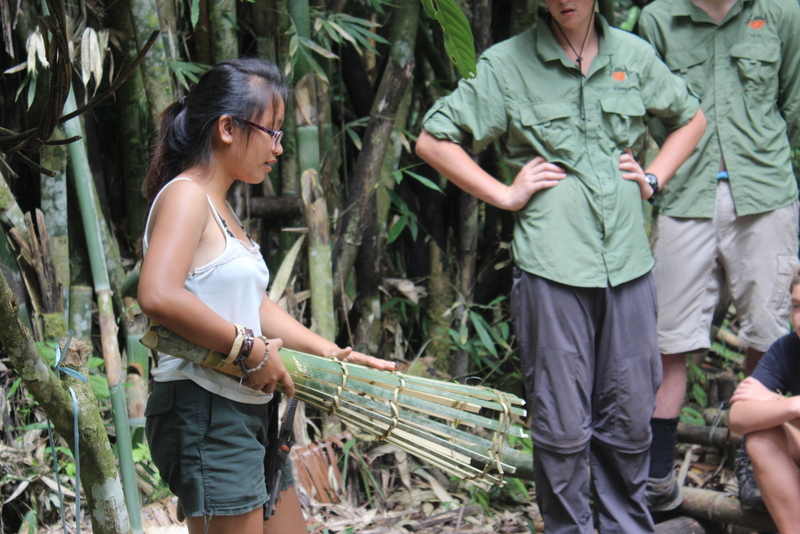
Alcey’s Survival Skills Course at Lupa Masa Jungle Camp
SURVIVAL SKILLS COURSE AT LUPA MASA JUNGLE CAMP | ADVENTURE ALTERNATIVE In celebration of International Rural Women’s Day, we’re talking...